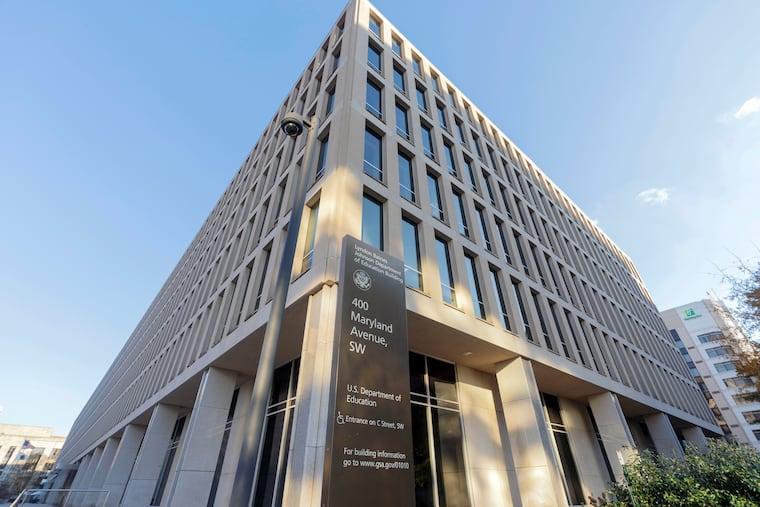Bucks landfill generates sufficient gas to supply energy for 63,000 homes.
The Fairless Hills Landfill complex in Bucks County, owned by waste management company WM, encompasses an extensive 6,000 acres, which is roughly equivalent to nine square miles—larger than several neighboring towns. Recently, the Texas-based WM has initiated a significant project aimed at harnessing the energy potential of gas generated from decomposing solid waste within two of its landfills. This project underscores a broader trend toward utilizing landfill gas as a renewable energy source.
The extraction of gas at Fairless Hills occurs through an impressive system of 604 wells, distributed across the operational and closed sites. WM has established a 1 million facility nearby dedicated to converting the captured gas into renewable natural gas (RNG). This facility is capable of producing enough energy to power approximately 63,000 homes annually, thereby highlighting its potential as a substantial energy contributor.
Once processed, the renewable natural gas is delivered through a pipeline managed by Williams Companies, an energy firm based in Tulsa. This initiative not only diversifies energy sources but also mitigates the release of fossil fuels into the atmosphere. WM’s senior vice president and chief sustainability officer, Tara Hemmer, stated that the process yields high-quality methane that is suitable for pipeline transport, marking a valuable environmental achievement by reducing the gas that would otherwise be flared.
Landfills naturally produce gas as organic materials decompose, releasing methane, carbon dioxide, nitrogen, and oxygen. Capturing these emissions has been a long-standing recommendation from the U.S. Environmental Protection Agency (EPA), which asserts that landfills are the third-largest source of methane emissions. By harnessing this gas for energy, companies can access a vital energy resource that would otherwise remain untapped.
WM’s commitment to renewable energy is further evidenced by its plan to establish 20 new RNG facilities across the country by 2026, with an investment of .6 billion. Currently, eight of these facilities are operational, with Fairless Hills being the largest. The company has been tapping into landfill gas for years, primarily to power its fleet of waste collection vehicles.
The Fairless Hills facility features advanced gas processing technology housed within two expansive 20,000-square-foot buildings. The gas undergoes a rigorous purification process involving numerous filters and compressors to isolate carbon dioxide before extracting high-quality methane. After undergoing further processing to achieve optimal purity, the RNG is pressurized for distribution through the pipeline.
With the facility designed to produce an impressive 12,000 standard cubic feet of gas per minute, WM anticipates expanding its capacity as the Fairless Hills landfill continues to grow. Out of WM’s fleet of 18,000 trucks, approximately 13,000 operate on compressed natural gas, a commitment that underscores the company’s sustainable approach. WM aims to convert up to 1,000 additional trucks per year from gasoline to compressed natural gas, enabling a closed-loop system where waste collection directly contributes to fueling the fleet. As such, WM is poised to meet its ambition of fueling its entire fleet with self-generated renewable natural gas by year’s end, solidifying its position as a leader in sustainable waste management and energy production.
Media News Source







